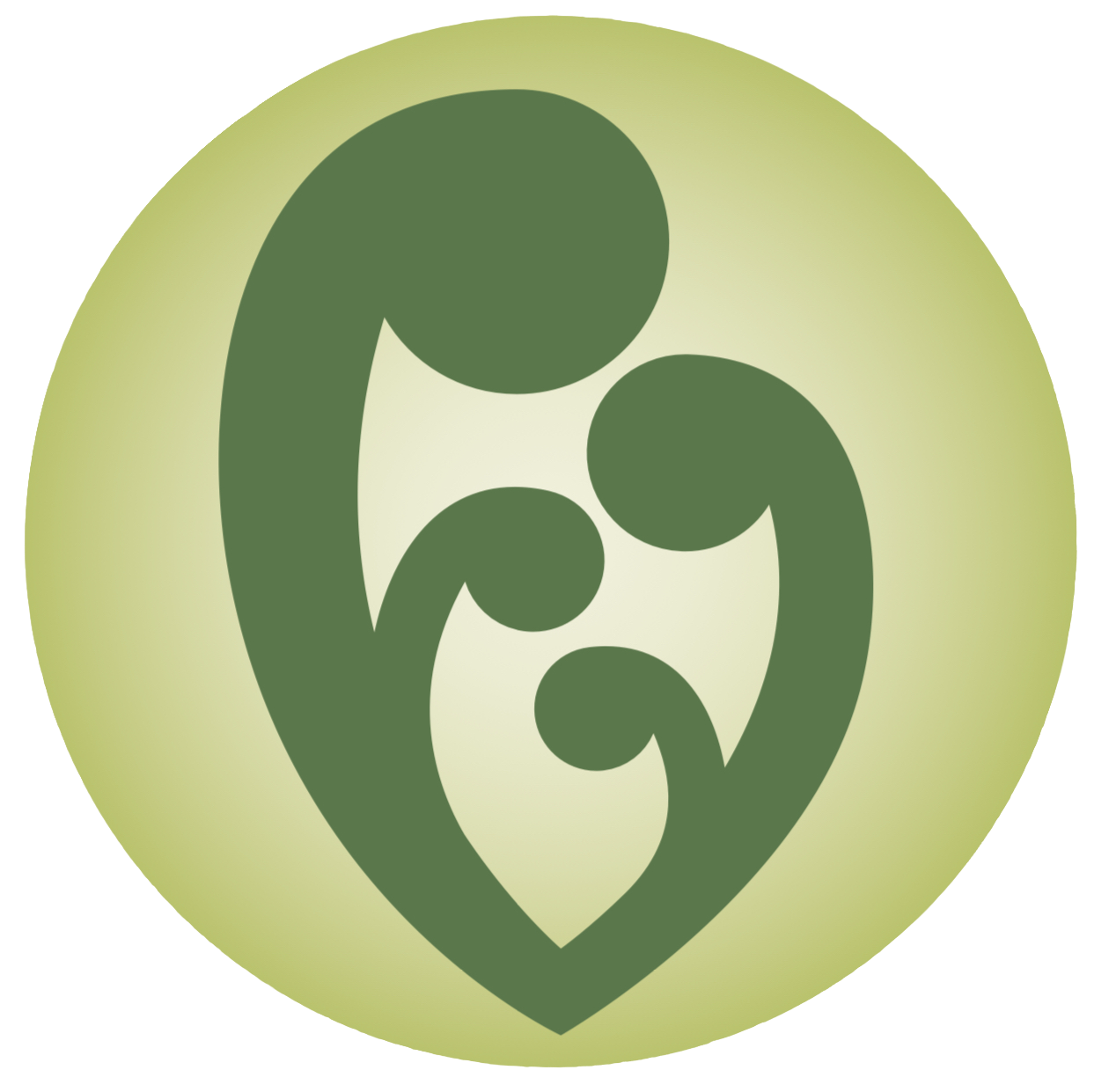
Te Rito
How can counselling tautoko young people?
At times it can be challenging for tamariki and rangatahi to share what they are experiencing with their whānau; they may find it difficult to express their thoughts or feelings, and there may be many reasons why. Kōrero with someone neutral can help tamariki and rangatahi feel safe to express themselves. Sometimes tamariki and rangatahi need someone to help them identify tools and strategies to navigate struggles and challenges.
At Āwhina Whānau Services, all our Kaiwhakamārie are experienced and qualified professionals, each registered with their relevant professional bodies.
Who do we help?
-
We provide therapy and counselling for individuals aged 4 to 17.
-
We offer therapy and counselling for tamariki and rangatahi aged 4 to 17.
What services do we provide?
-
Depression
Anxiety
Trauma
Grief/loss
Bullying
Anger management
Conflict resolution
Parental separation
Changing environments
Neglect
Family violence
Sexual Violence
Attachment/abandonment issues
Emotional regulation
Self-esteem
Identity considerations
What do we focus on?
-
Talk therapy
Sand tray therapy
Play therapy
Interactive drawing therapy
Art therapy
Strengths based, solution focused, CBT
Parental and tamariki interactive therapy
Adventure based therapy and outdoor health
Cultural connection
Mentoring
-
Tools within a kaupapa Māori framework - including karakia, pūrakau, waiata, te taioa, mahi toi
Individualised interventions - focused on the needs of the tangata whai ora and what they are presenting with (may include: Talk therapy, Adventure based therapy, Play therapy and Outdoor health)
Culturally appropriate and holistic tautoko - focusing on their overall wellbeing (hinengaro, tinana, wairua, whenua and whānau)
School based programmes
-
Kaupapa Māori-Informed Tools
We use a range of approaches grounded in tikanga Māori, including karakia, pūrākau, waiata, te taiao (the natural environment), and mahi toi (creative expression).Tailored Support
Each journey is unique. We provide personalised interventions based on the needs of the tangata whai ora, which may include talk therapy, adventure-based therapy, play therapy, or outdoor health practices.Holistic and Culturally Grounded Tautoko
Our support embraces the whole person — nurturing hinengaro (mind), tinana (body), wairua (spirit), whenua (connection to land), and whānau (family and community).School-Based Programmes
We offer culturally responsive programmes in schools, supporting rangatahi within environments they are familiar with.
Testimonies

The Next Step…
Process of engagement
An enquiry is received, and contact will be made with whānau to accept or discuss other options with a referral.
We initially meet with whānau (parent(s), caregivers or guardians) for a whakawhānaungatanga hui. This hui enables the whānau to ask any questions and get an understanding of what service may be provided for their tamaiti/tamariki or rangatahi. The Kaiwhakmārie will complete an assessment and required paperwork with whānau (hui is usually between 1½ hours to 2 hours).
The next step is for the Kaiwhakmārie to discuss the referral with the Team Leader, who will then allocate to the most suitable Kaiwhakmārie
The allocated Kaiwhakmārie will then make contact with the whānau or tangata whai ora to start the process.



